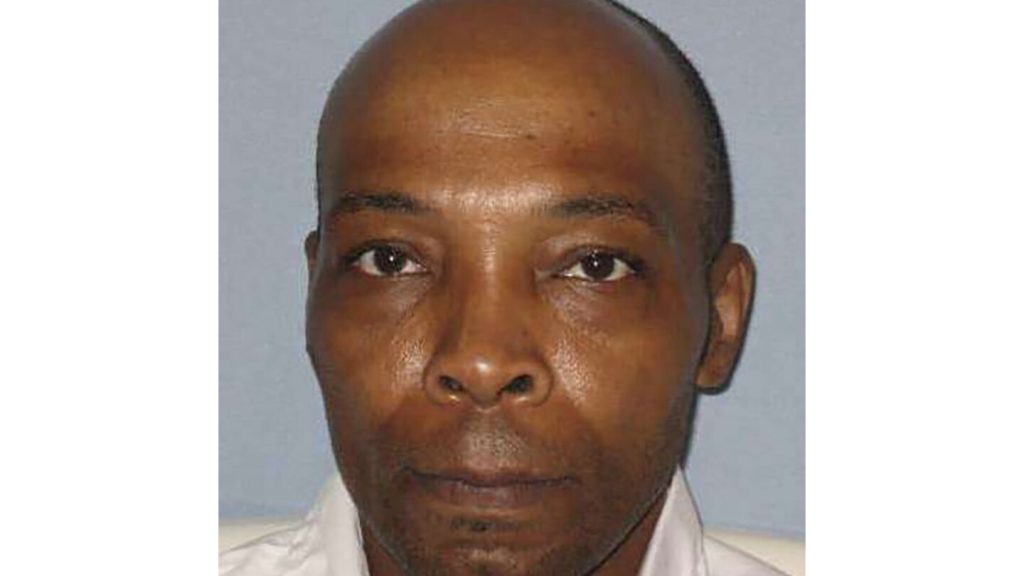The execution date for Keith Edmund Gavin, convicted in the 1998 fatal shooting of a delivery driver, has been set for July 18 by Alabama Governor Kay Ivey. Gavin, 64, will be put to death by lethal injection, the state’s primary execution method. This announcement follows the authorization from the Alabama Supreme Court for the execution to go forward. Gavin was convicted of capital murder for the shooting death of William Clinton Clayton, Jr. in Cherokee County. Clayton was shot at an ATM while getting money to take his wife to dinner. The jury voted 10-2 in favor of the death penalty for Gavin, and the trial court accepted this recommendation, sentencing him to death.
Gavin’s attorney had argued against authorizing the execution, stating that the state was moving Gavin ahead of other inmates who had exhausted their appeals. The state is also set to execute Jamie Mills by lethal injection on May 30, who was convicted for the 2004 slaying of a couple during a robbery. Additionally, in January, Alabama conducted the nation’s first execution using nitrogen gas, but lethal injection remains the primary method of execution in the state. This decision to move forward with Gavin’s execution comes amid ongoing debates and controversies surrounding capital punishment and the methods used for carrying out executions.
The case of Keith Edmund Gavin highlights the grim reality of the death penalty in Alabama, with the state continuing to pursue executions through lethal injection. The timing of Gavin’s execution and the authorization by the Alabama Supreme Court raise questions about the fairness and process of carrying out the death penalty. The arguments made by Gavin’s attorney regarding the state prioritizing his execution over other inmates suggest a need for transparency and accountability in the execution process. The upcoming executions of Gavin and Mills add to the debate surrounding the morality and effectiveness of capital punishment in the state.
With the scheduled execution dates of Gavin and Mills looming, the spotlight is once again on Alabama’s approach to the death penalty. The challenges and controversies surrounding the use of lethal injection as the primary method of execution in the state continue to draw scrutiny from critics and advocates alike. The execution of Gavin for the shooting death of William Clinton Clayton, Jr. underscores the irreversible nature of the death penalty and the impact it has on individuals, families, and communities. As the debate over capital punishment in Alabama persists, the state faces ongoing moral, legal, and ethical dilemmas regarding the administration of justice through executions.


